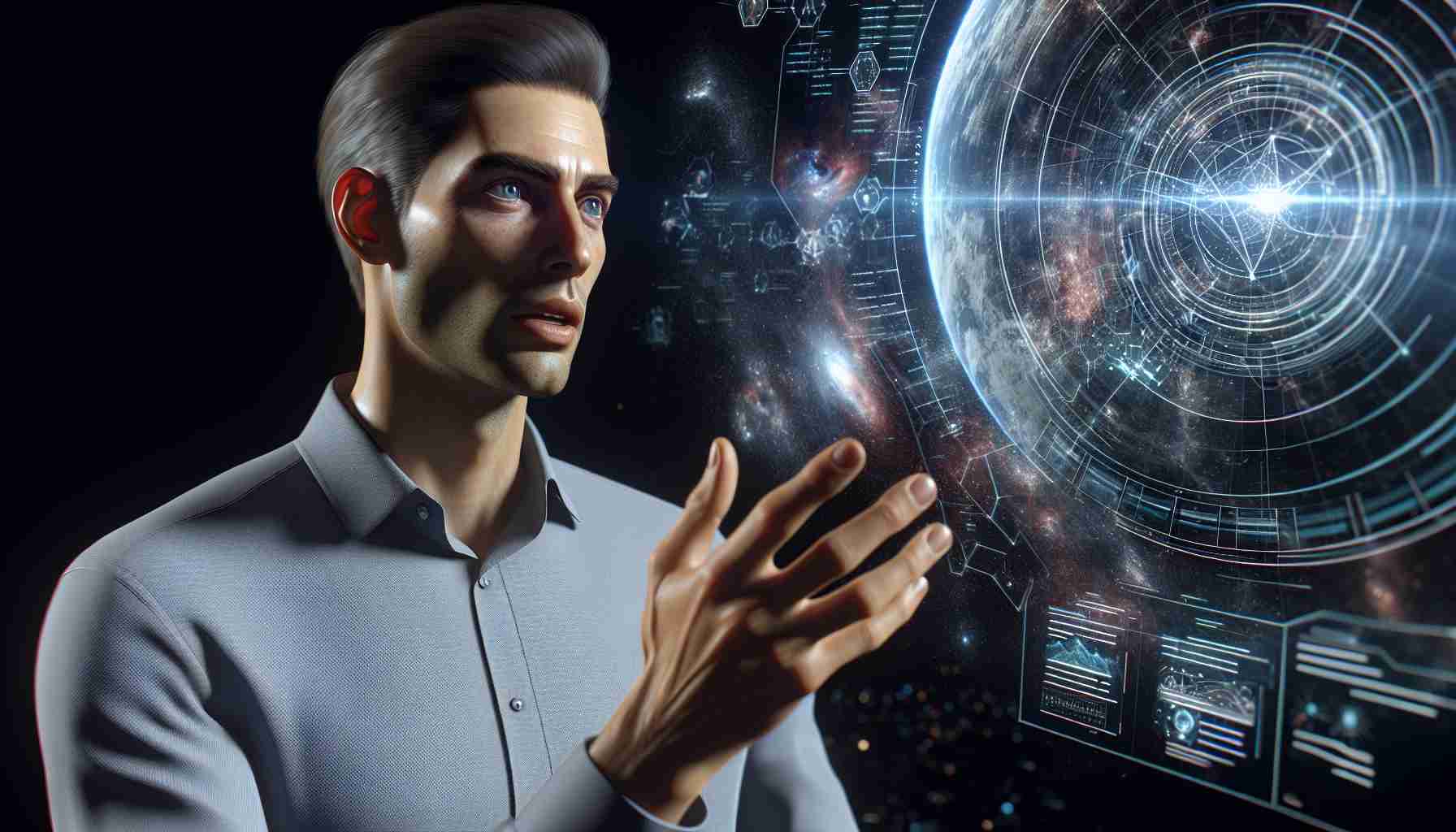At a recent conference in Los Angeles, entrepreneur Elon Musk highlighted his stance on artificial intelligence, noting its minimal use in his space company, SpaceX.
While addressing an audience at the Milken Institute Global Conference, Musk shared that the technology currently powering AI falls short of the ambitious requirements set by SpaceX. He explained that though a majority of intelligence is likely to be digital in nature as opposed to biological, the present iterations of AI systems don’t meet the high standards necessary for space exploration queries, such as those surrounding the Fermi paradox, rocket engine designs, and electrochemistry.
Contrary to expectations around modern space endeavors, Musk mentioned that his satellite internet project, Starlink, also operates without utilizing AI. He doesn’t oppose the idea but underlined that no practical application for it has yet surfaced in his field of work.
Musk emphasized the ethical considerations in AI development, asserting the importance of building AI that benefits humanity and advocating against teaching these systems to deceive or misrepresent the truth. This approach reflects his cautious stance on the potential misuse of AI technology.
Elon Musk’s Discussion on AI and Space Exploration
Elon Musk, known for his work with both SpaceX and Tesla, has especially highlighted the role of artificial intelligence in modern technology. However, at the Milken Institute Global Conference in Los Angeles, he spoke of AI’s limitations concerning its application in space exploration. His assertion that current AI lacks the capability required for advanced space-related tasks emphasizes the nascent stage of AI technologies.
One important question arising from this topic is: What advancements in AI are required for it to be useful in space exploration? AI for space needs to be highly reliable, capable of decision-making in unforeseeably complex situations, and should function with minimal latency despite the vast distances in space. It also needs to possess advanced autonomous problem-solving abilities for tasks such as navigating spacecraft, handling unexpected scenarios, and managing onboard systems with little to no human intervention.
Key Challenges and Controversies with AI in space exploration include:
– Reliability: Space missions have little margin for error, and AI systems must be fail-safe.
– Autonomy: Long communication delays mean AI must operate independently.
– Ethical Use: Musk stresses the importance of not programming AI to deceive, which ties into larger ethical considerations of AI use.
Despite these challenges, there are advantages to incorporating AI into space exploration:
– Operational Efficiency: AI can optimize system operations, reducing the need for human oversight.
– Data Analysis: AI can handle the vast amounts of data from space missions, identifying patterns and anomalies faster than humans.
However, there are also disadvantages:
– Complexity and Cost: AI systems can be costly to develop and may introduce complex issues that require extensive troubleshooting.
– Unpredictability: AI-driven decisions may be based on logic that is not transparent to human operators, leading to unpredictability in critical missions.
While Musk did not expand on the applications of AI in his ventures, SpaceX’s current achievements, such as the reusable Falcon rockets and the development of the Starship aimed at Mars exploration, demonstrate the company’s innovative approach towards space technology.
For those interested in SpaceX and Elon Musk’s work, relevant information can be found on the official SpaceX website: SpaceX. Additionally, one might explore the OpenAI initiative, an AI research organization Musk co-founded, to understand his stance on AI: OpenAI.
To remain current on these topics, one should follow updates from both these organizations, as well as Musk’s own communications via platforms like Twitter, where he frequently shares insights and opinions.

